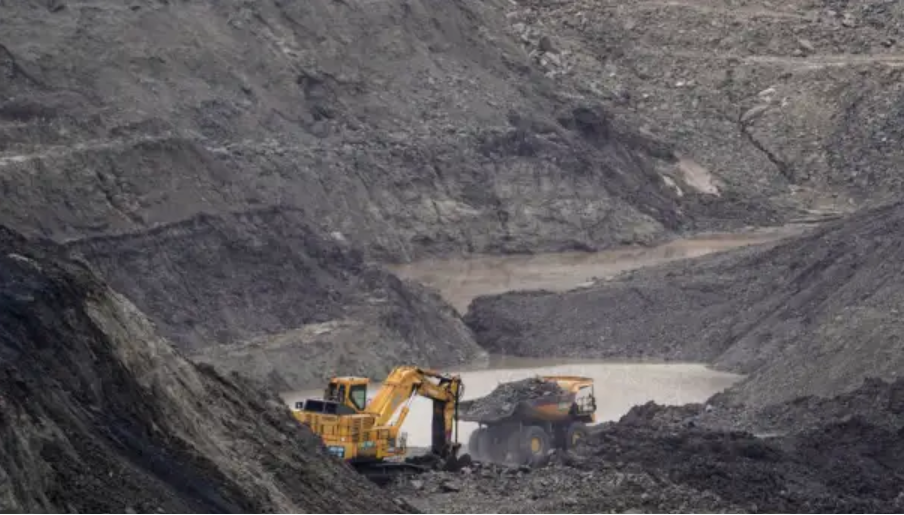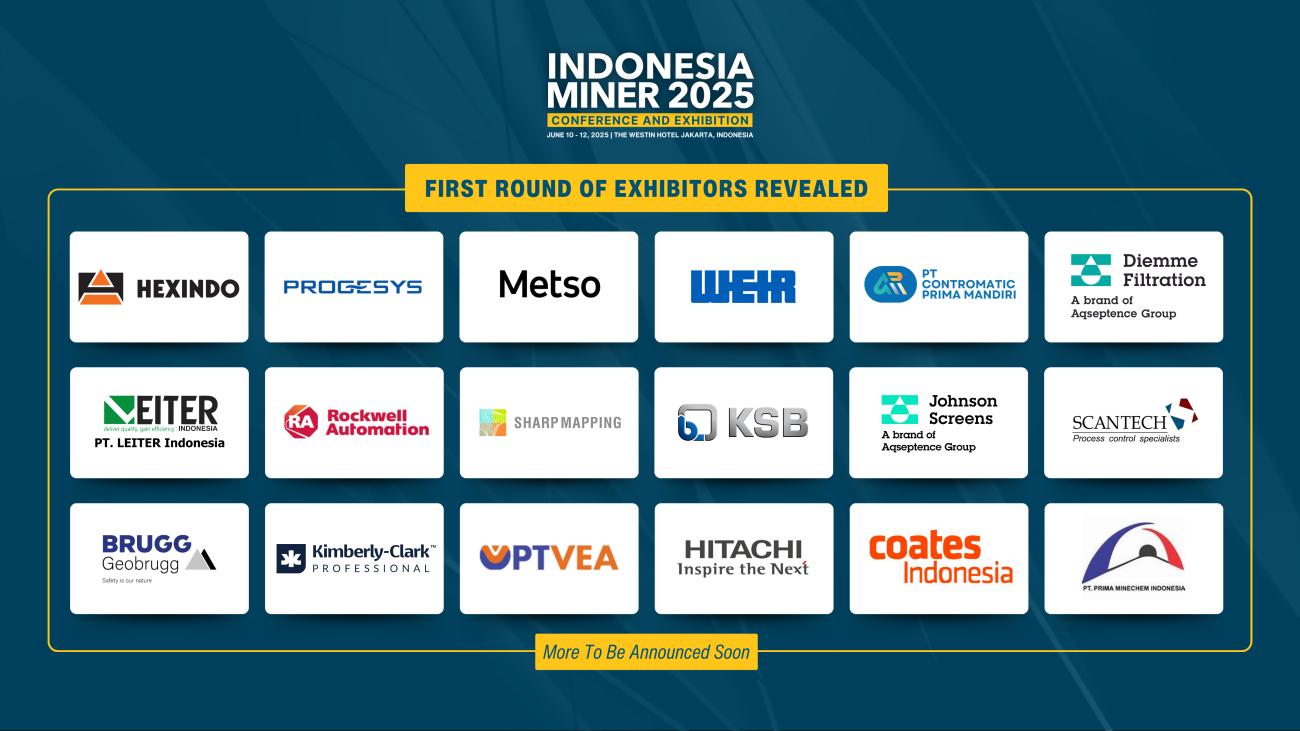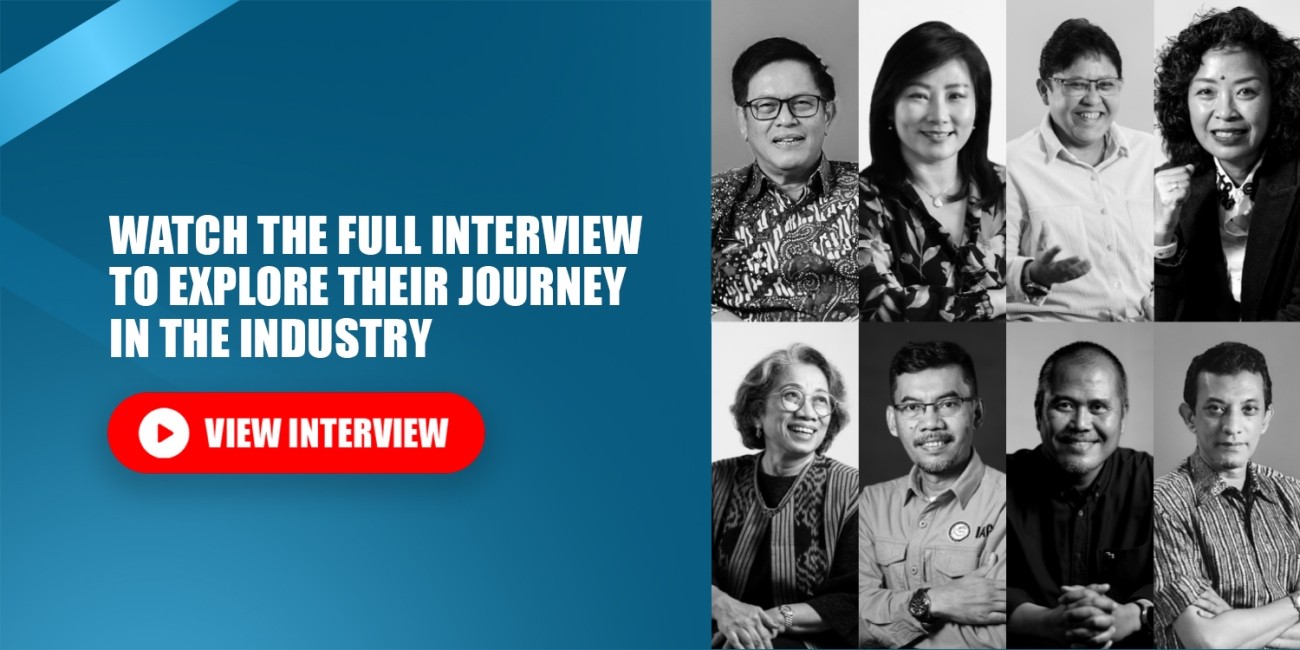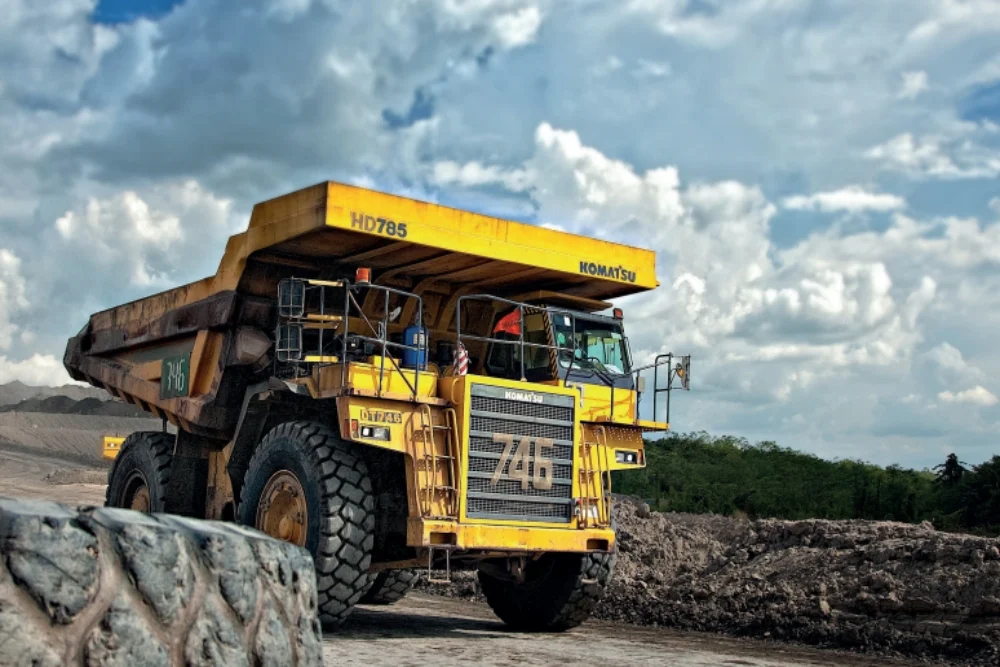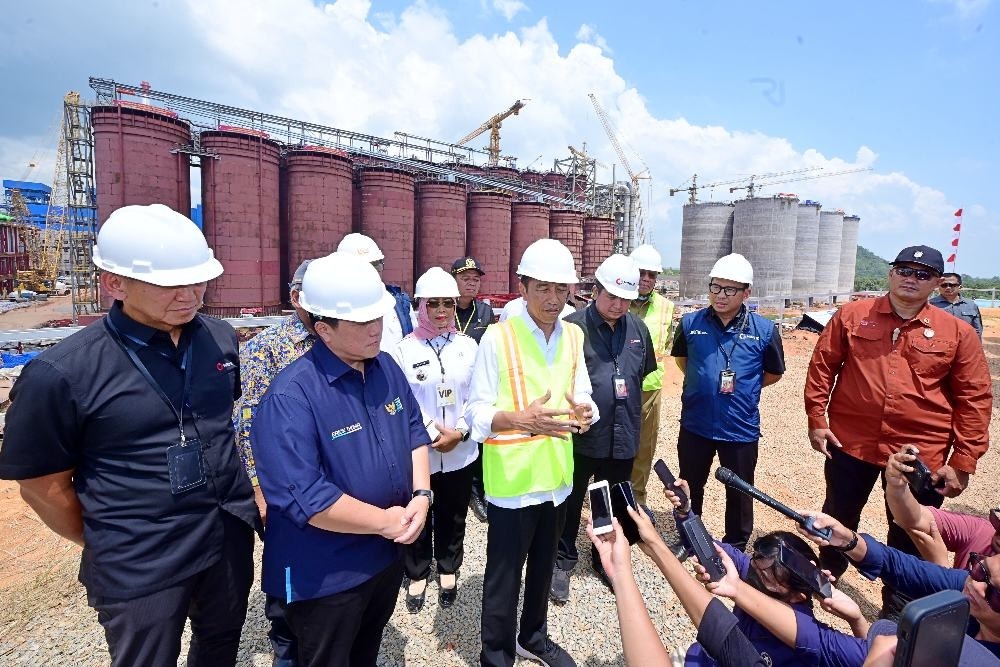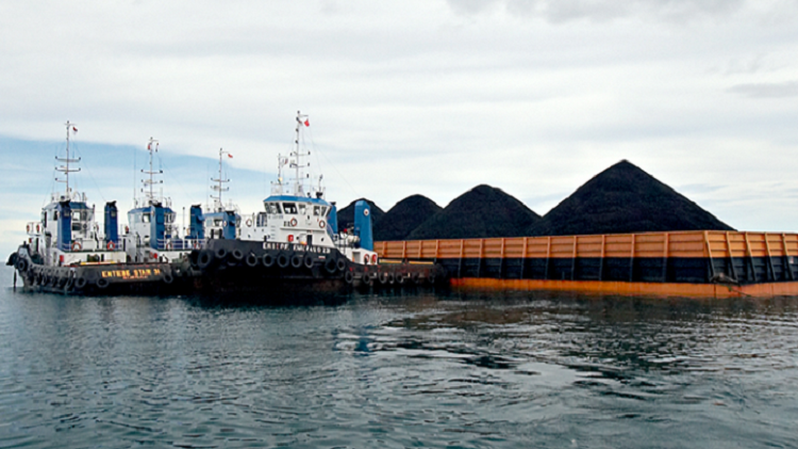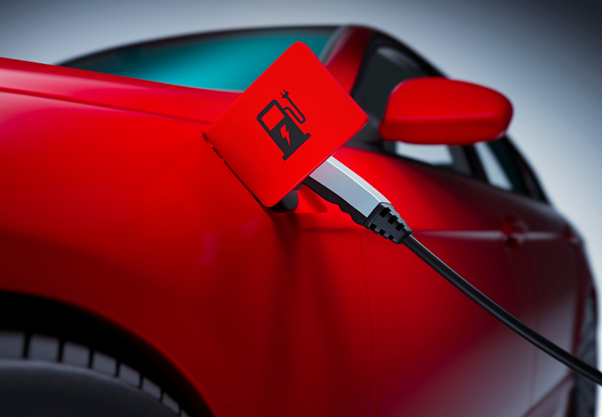Indonesia may be rich in mineral resources, but its mining sector contributes only a fraction to the country’s economy. It’s something the country is looking to change. The Southeast Asian nation boasts of natural deposits including tin, nickel, cobalt and bauxite — some of which are important raw materials for electric vehicle production.
Despite large exports, the mineral and coal sector alone contributed only 5% to Indonesia’s GDP in 2019, according to the Extractive Industries Transparency Initiatives. To boost its economy, Indonesia wants to move away from exporting raw materials, to focus instead on developing its downstream industries. Downstream activities involve processing raw materials into finished products to provide added value. For instance, crude oil can be refined into petroleum, diesel and plastics. President Jokowi Widodo has said: “Indonesia always exports raw materials, while it is better to process and consume them through downstream industry or domestically.”
As part of that plan, Indonesia banned the export of nickel ore in January 2020, and the government has pledged to the gradually stop exporting other raw materials too. “I think we can reap many benefits of stopping nickel ore export,” Widodo said in late 2021. “Therefore, next year, we will stop raw materials export for bauxite ore, and next, gold and tin ores.”
The move downstream is expected to create jobs, increase profit margins for the sector, as well as cut down on carbon emissions.“The impact is supposed to be positive, since value-added products potentially reduce coal mining companies’ financial performance at the risk of coal price volatility,” according to William Simadiputra, analyst at DBS Group Research.
Going downstream also reduces exposure to fluctuating commodity prices and the reliance on imports. Widodo has said Indonesians will eventually stand to benefit. “Subsequently, it will create jobs ... it will generate tax income for the country, and new business opportunities, for instance, domestic companies that will export nickel ore,” the president said.
Climbing up the value chain Indonesia has set its sights on three key sectors for downstreaming: the mining and mineral industry, the coal and fuel industry, and the agroindustry. According to Indonesia’s Investment Coordinating Board, BKPM, the country has the largest nickel reserve in the world and possesses 21 million tons of nickel.
Indonesia hopes to transform raw nickel into higher end products like lithium batteries for electric cars — a move the investment board said will eventually bring economic growth. “The Government is working on research regarding lithium-ion battery innovations and it is expected that within two to three years ahead we can produce lithium battery,” Widodo said in late 2020. Indonesia is the world’s fourth-largest coal producer, and the top thermal coal exporter globally.
The Southeast Asian nation is also making a push for downstream coal projects, according to Simadiputra, who said coal mining companies receive royalties from the government when such projects succeed. Coal mining is vital for Indonesia, said Wood Mackenzie analyst Shirley Zhang. “Not only does it help ease the current global energy crisis, the country — a key exporter of thermal coal — also benefits from the high seaborne coal prices,” she told CNBC. “It also ensures energy security for the country’s domestic economic growth.”
Indonesia’s coal production reached 564 million tonnes in 2020, according to the IEA. The country exported 405 million tonnes of coal in the same period — or 31.2 % of world’s coal exports that year. Thermal coal is a key driver of Indonesia’s economy, Zhang said, adding that manufacturing, the country’s biggest GDP contributor at 26%, is also driven by coal power.
Cutting reliance on LPG imports
Indonesia — the fourth largest LPG importer in Asia — plans to “reduce dependence on costly LPG imports which took up Rupiah 50.6 trillion ($3.6 billion) in subsidies,” according to S&P Global. For instance, Bukit Asam, an Indonesian state-owned coal miner, has initiated a $2.3 billion coal gasification project with state energy firm Pertamina and U.S. industrial gas and chemicals firm, Air Products.
The project is expected to absorb 6 million tonnes of coal and produce 1.4 million tonnes of dimethyl-ether (DME), a form of renewable fuel that can be used to replace diesel and propane. This will help reduce annual LPG imports by 1 million tonnes, according to Simadiputra. “Downstream activities will help to detach Indonesia from energy imports such as LPG. We expect lower energy imports to positively impact Indonesia’s trade balance, especially amid the current trend of high energy prices,” the analyst said.
The Southeast Asian country also stands to benefit from the overall trend of clean and renewable energy too, said Zhang from Wood Mackenzie. In fact, Indonesia has the potential to become a leader in decarbonizing.
